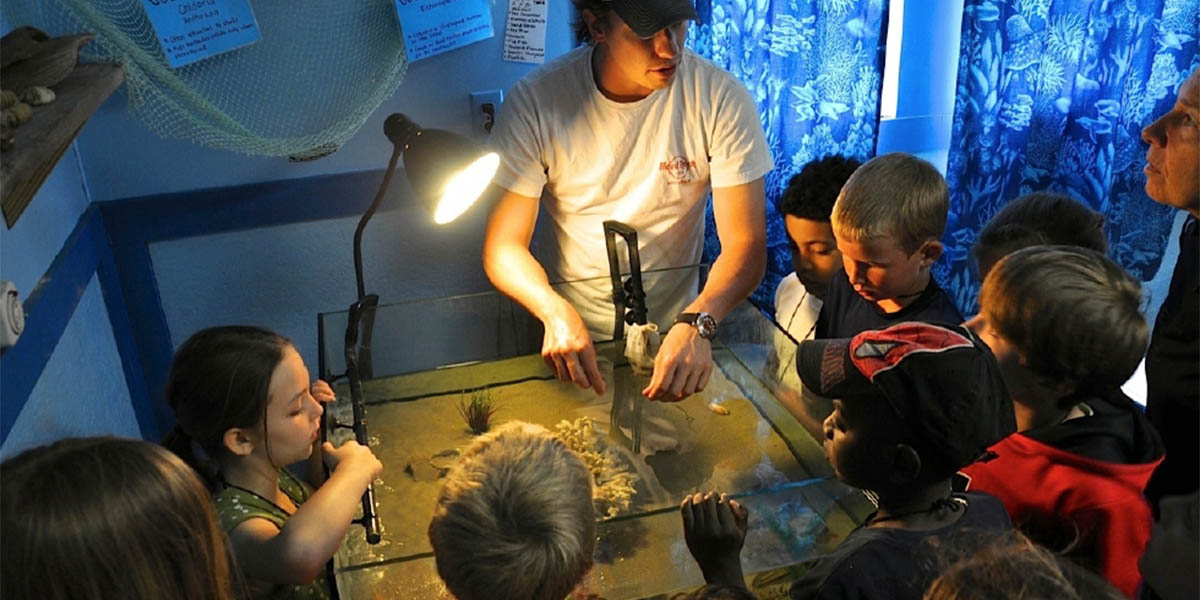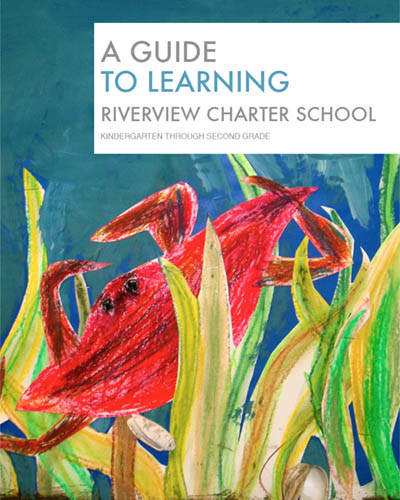Theme: Community
In Cycle One, which includes Kindergarten, First, and Second Grade at Riverview – students begin exploring the idea that all things have a beginning. Students study their own beginning and what it means to be a part of a family; they explore elemental forces in nature that shape our world; and they begin to become aware of themselves as growing individuals that are a part of something larger…their families, their school, their community, their country, their culture, and their world.
Throughout this cycle, students begin to make sense of their world by investigating patterns and cycles in human behavior and the natural world. They expand their understanding of the world as divided and connected through a series of systems and they begin to see themselves as a part of a complex whole – the global community.

Big Ideas Connect the Dots…
Capstone Trip
Our 2nd graders participate in a total immersion, experiential field study of a local barrier island.
Students travel to Seabrook Island, south of Charleston to enjoy a campus that includes nearly one mile of beach, 100 acres of salt marsh, 200 acres of undisturbed maritime forest, freshwater ponds, and a freshwater swamp. Students discover the scientific world with all of their senses in an open and encouraging environment designed to see, smell, touch, hear and, yes, even taste lessons in biology, ecology, conservation, astronomy, botany and much more.

